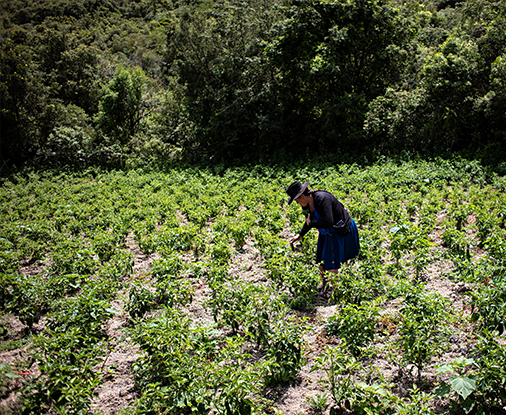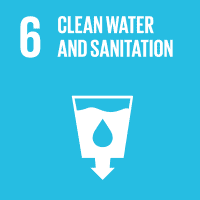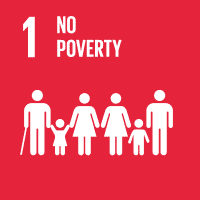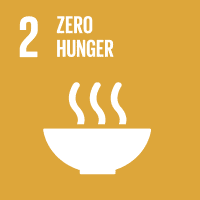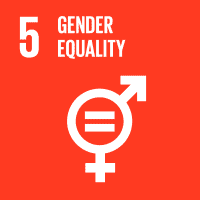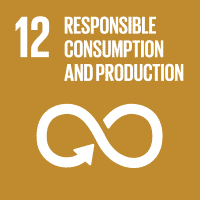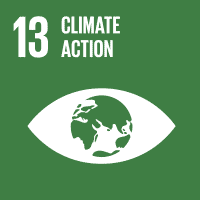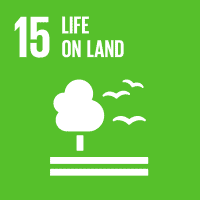A lush green landscape, interrupted here and there by bright beehives. The air is constantly abuzz with the sound of a myriad of bees going about their work. But this idyllic scene in the Bolivian village of Lagunillas is not all that it seems, as Ana Rodas Cuéllar, vice-president of the Chuquisaca Department beekeepers association, explains: ‘Climate change is affecting our bees. The water scarcity is particularly noticeable in the flowering period.’ Plants suffer from heat and drought stress. As a result, they don’t flower for as long as usual and produce less nectar. ‘If there are not enough plants in flower, our bees cannot collect sufficient nectar for the hives.’ This has a negative effect in two ways: the bees pollinate fewer flowers, which weakens the ecosystem, and many families are anxious about what will happen to their income from the beekeeping.
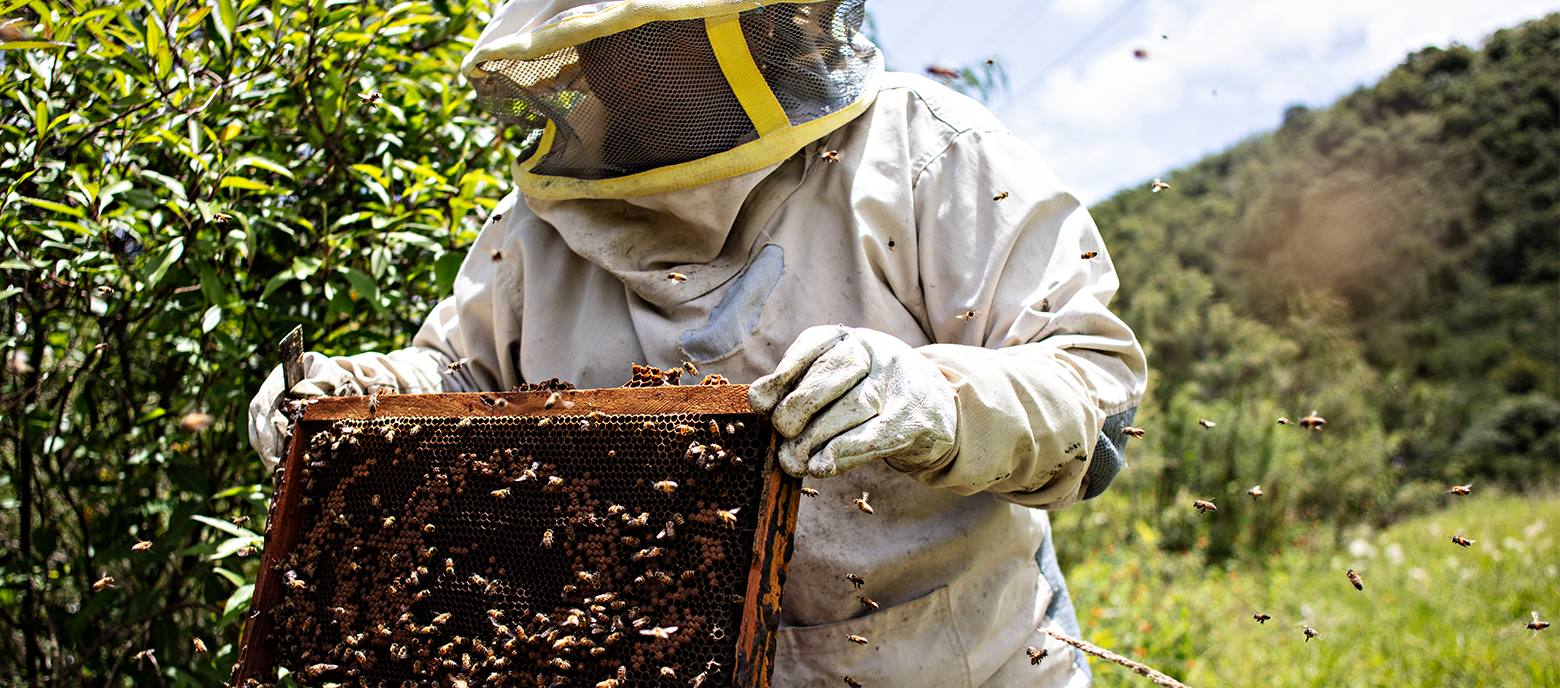
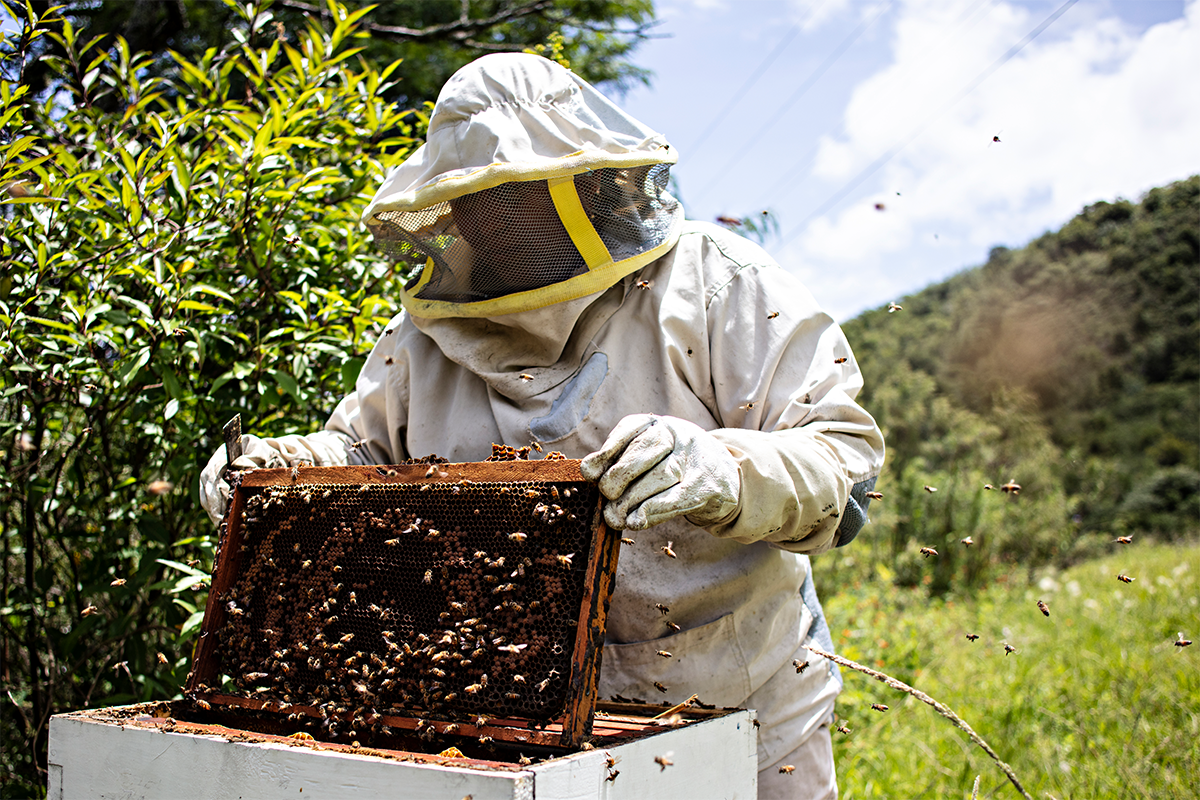
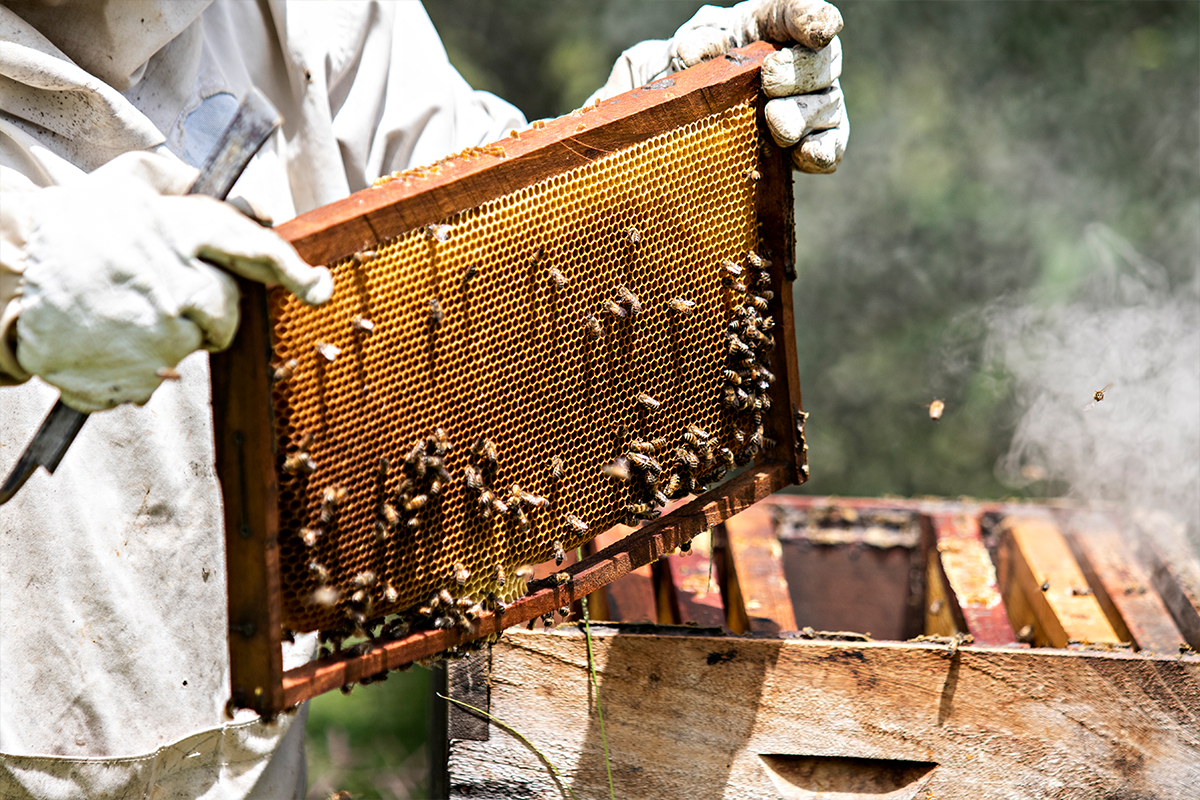
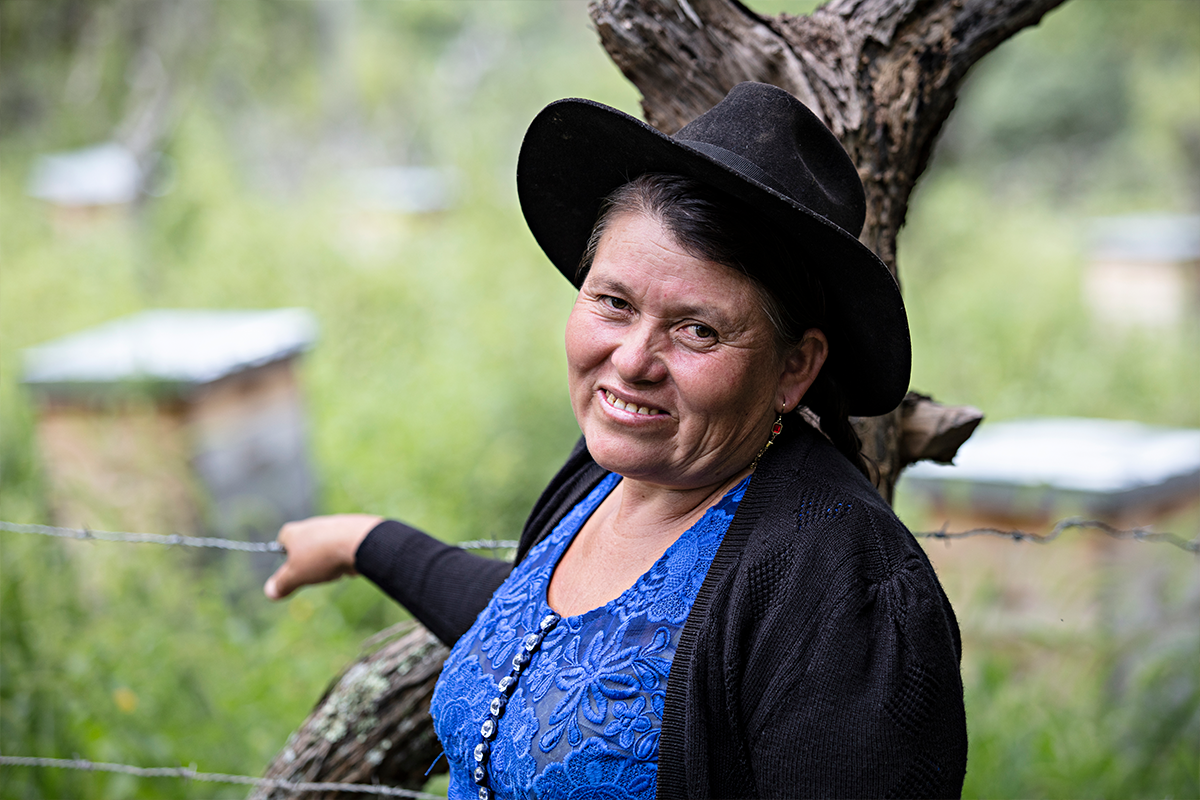
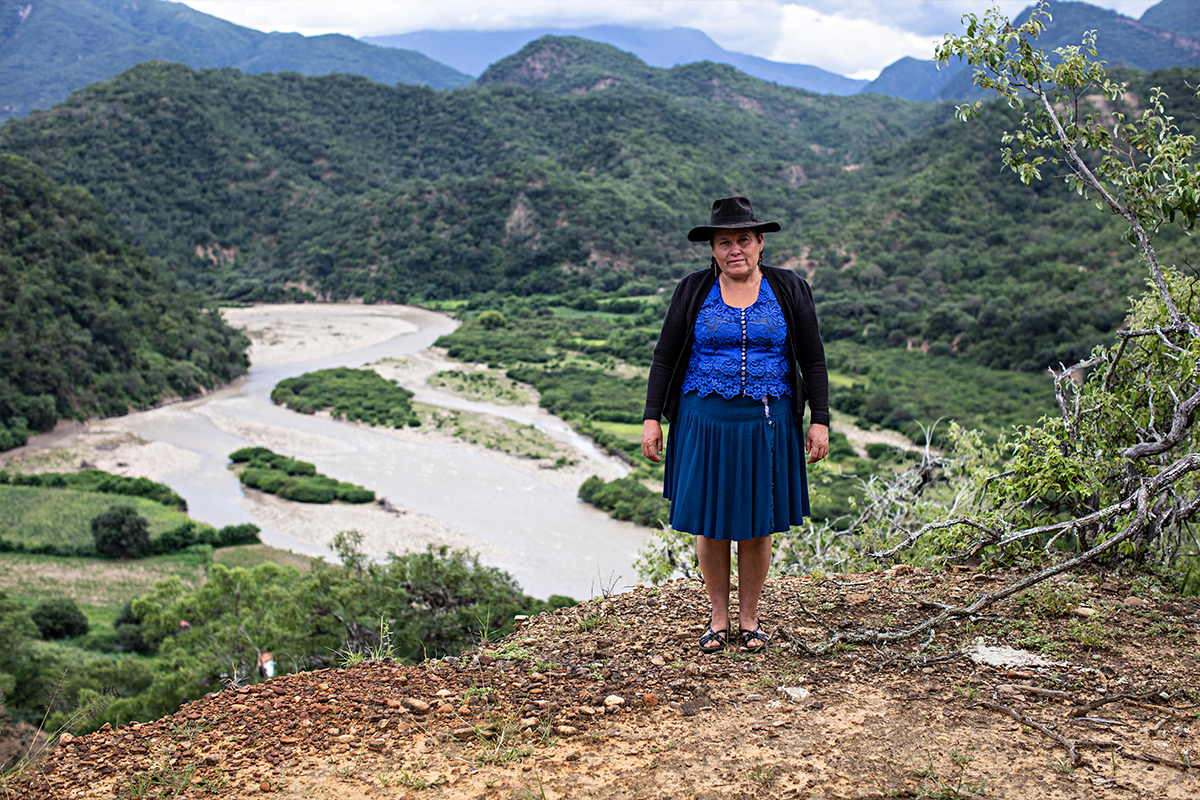
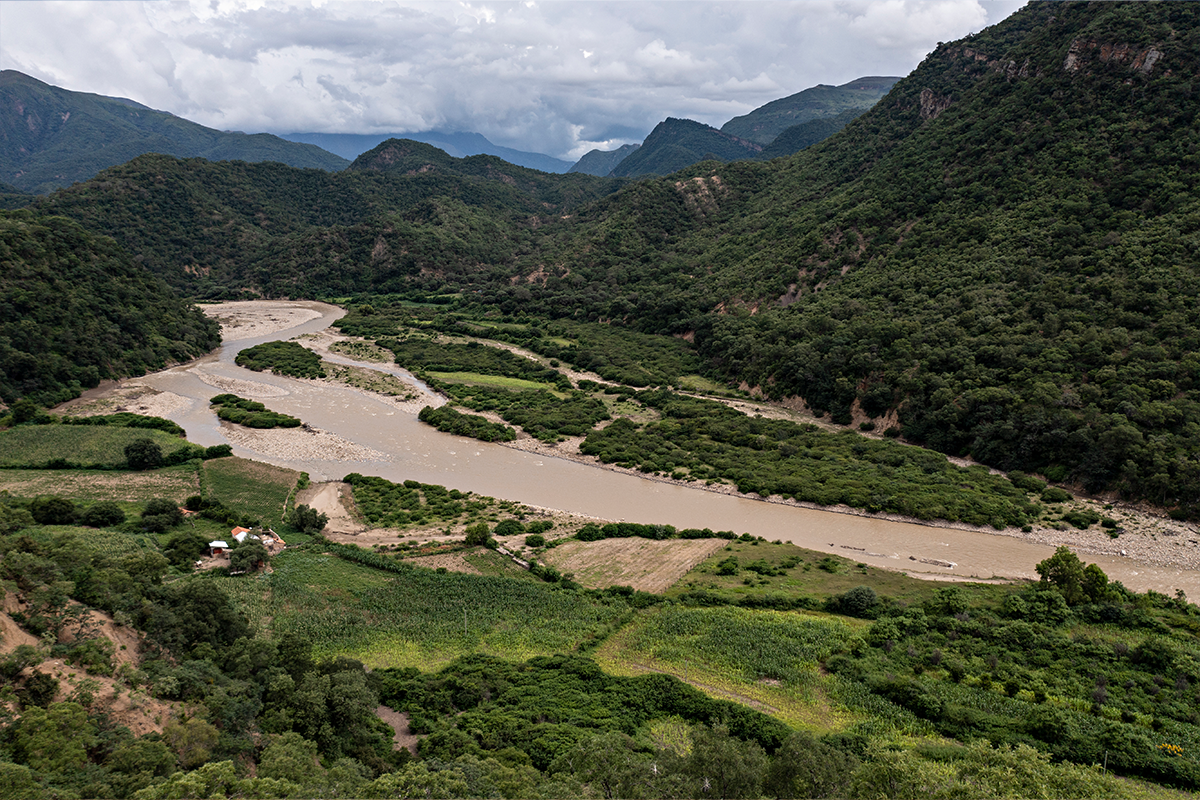
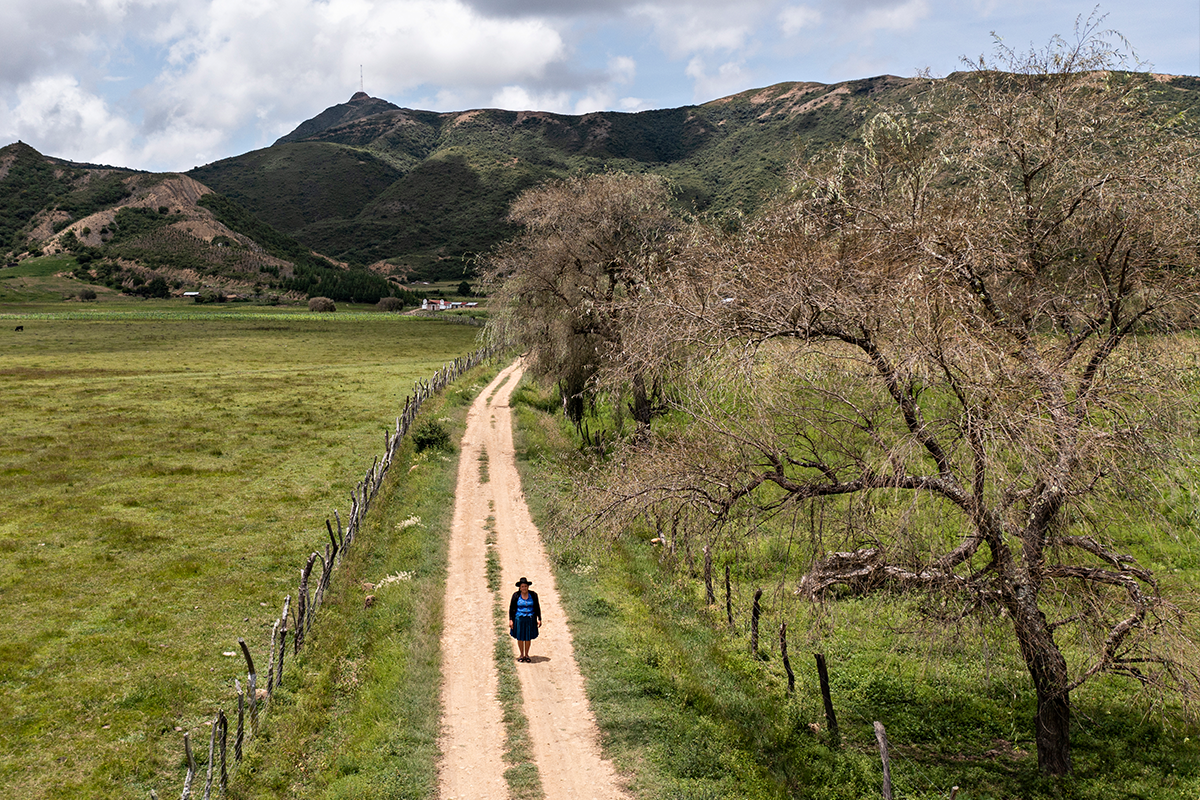
The people on the Río Azero live in close contact with nature and water. But in recent years, droughts have repeatedly ruined their harvests. Ana Rodas Cuéllar grew up in this region in southern Bolivia and feels the changes palpably: ‘20 to 30 years ago, there was a lot of water in our town. Today, we can see how the resources are dwindling.’
Bolivia is one of the 10 countries in the world most affected by climate change. The climate is characterised by increasingly frequent droughts and water scarcity, on the one hand, and floods and other extreme events, on the other, endangering this Andean country’s rich biodiversity.
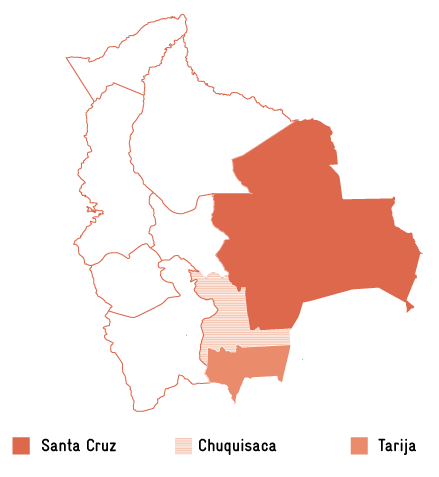
COUNTRY: Bolivia
CAPITAL: Sucre
POPULATION: 11.67 million
INHABITANTS/KM2:10.8
AREA: 1,098,581 km2
HUMAN DEVELOPMENT INDEX RANKING: 107 of 189
Source: Worldbank
This is where the PROCUENCA programme, which GIZ has been implementing since 2018 on behalf of the Federal Ministry for Economic Cooperation and Development (BMZ), comes in. The programme, which is co-financed by the EU, works in four key water catchment areas, advising national, regional and local stakeholders on integrated water resource management.
people benefit from the project, which gives them greater water security.
afforestation projects support adaptation to climate change.
institutions participate in decisions in water catchment areas.
At national level the programme supports the Ministry of Environment and Water and the Vice-Ministry of Water Resources and Irrigation in implementing Bolivia’s National Plan for Watershed Management. At regional level, it brings stakeholders into dialogue with a view to developing and implementing water management plans together and reducing climate risks.
PROCUENCA promotes the development of digital data, information and analysis systems to ensure everyone gains a better understanding of climate, severe weather and water resources. At municipal level, too, it works to build up knowledge and create awareness among people from an early age that their routine actions have a direct impact on the water.
Women role models: past and present
Strong women role models play an important role in Chuquisaca, an example from history being Juana Azurduy de Padilla, the iconic freedom fighter in the South American War of Independence. Today’s role models include women such as Ana Rodas Cuéllar, who works tirelessly for her country. She is certain that women can achieve anything in life and, full of confidence, she lives by that belief. She was the first woman beekeeper in her region and she has been a national MP for a long time, representing the interests of 10 municipalities of Chuquisaca. Today, she is a head of the social council, coordinating the activities of her municipality to ensure the water source protection plan is implemented.
Ana Rodas Cuéllar is convinced: Water is the key to a sustainable future for her community. Provided everyone focuses on it together. She intends to keep campaigning for this: ‘I hope we will be able to strengthen the water resources in the municipality, supply our hives and plant more flowers for the bees. Without water there is no life.’
